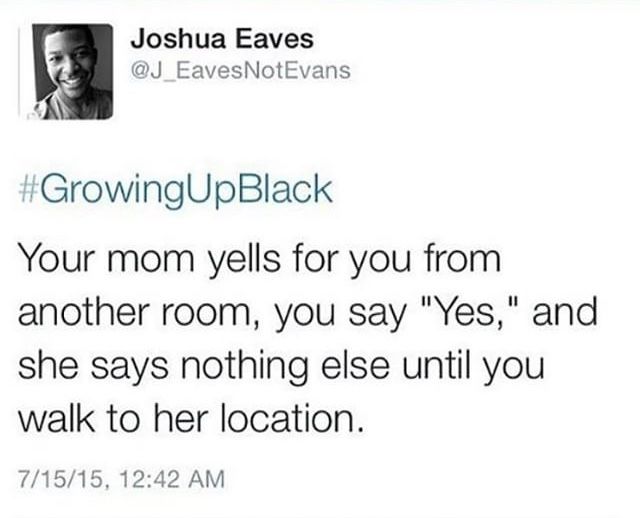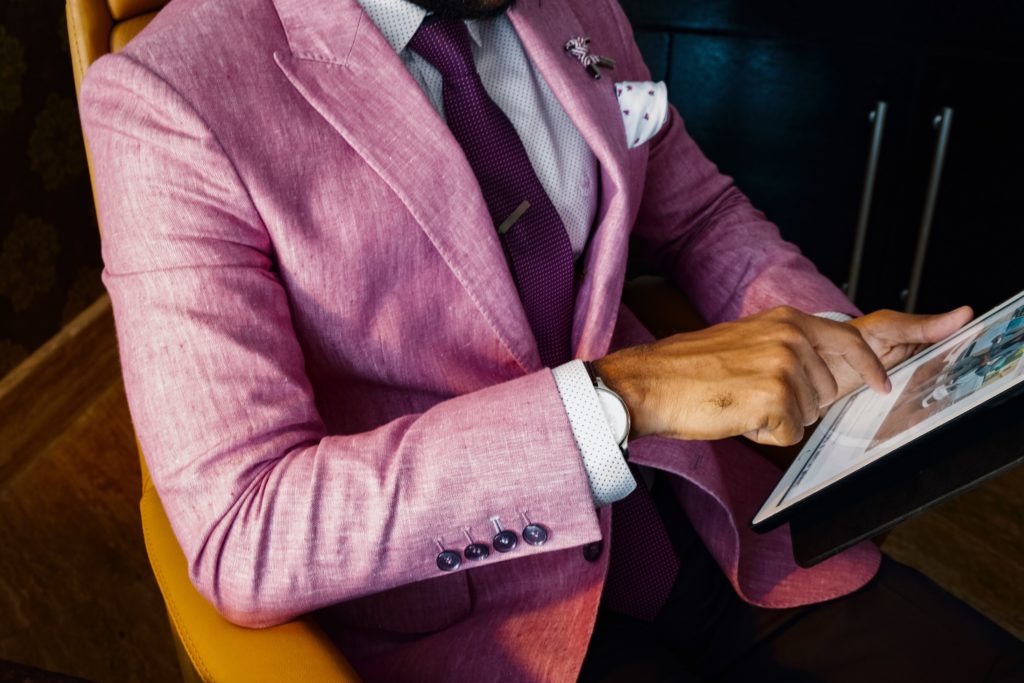As a Black child one of the most shocking and informative moments of my life was noticing the difference between the way I treated the adults in my life and many of my friends at school. A white friend had told me that she only respected adults who had earned her trust. I was confused, earned how? Essentially, they treated her the way she wanted to be treated, were nice to her even when she was being rude, and didn’t tell her what to do. I… was stunned. Those are your elders! They get that respect by existing.

Over many years of living primarily in white culture I’ve notice this trend. I also tend to be more formal than White Americans and have found myself embarrassed at times by their disrespect. Disrespect they don’t even seem to see, while I, and any other Black Person, shakes their head is disbelief. Did Becky really just say that? Through Obsidian we’ve discussed the hierarchy in Black culture before but not the formality. It’s woven into every interaction and no one goes against it.
From a young age it was imparted on me that anyone with a certain amount of age on me deserves respect. A lot of it. Until I was an adult I was to refer to everyone as Mr. or Mrs, even after given permission to call them something else. There are people I’ve known my whole life that will also always have an honorific probably until I die. When adults speak, you listen and listen actively. You better be able to ask a question when they are done talking. It’s entertaining ,and saddening, as an adult to see elder white Americans’ confusion at why I can comfortably listen to them talk about say gardening for a long time and ask questions. Do I know a thing about gardening? Nope. Do I really care about the subject? Probably not but I love and respect them enough to be engaged.

We were taught it was better to overdress than under dress, and no matter the money you have, you should try to look good.It’s important to dress up to show respect of whatever it is you are showing up for. I didn’t know people COULD wear jeans to church until I was in high school. It’s just not done in Black Culture. In my family you’d say yes ma’am, to any elder woman who talked to you. We didn’t do Yes, Sir. Although when I was with other Black families, and noticed my friends saying Yes, Sir, I copied that to be polite. Another easy rule to follow is that every elder has a title. That title is often “auntie or uncle, mr. or mrs. ect” And will be used until they either give you permission to not use it or you die.

Eye contact and acknowledgment is important. No one is too busy to acknowledge another person. When people are talking you look them in the eye. When you are walking down the street, you smile or nod. Nod up for peers. Nod down for superiors, be that age, station or if you simply want to be even more respectful. If it’s unclear, I always nod down. If you are are in charge, be sure to say hello. If they are and Elder don’t be afraid to sit down and chat! Verbally acknowledge your elders always.
When at someone’s home treat it better than your own. If someone tries to feed you, you accept and finish that plate. Your language should always reflect the company you are in. Using less formal language, like yelling “what” when you mean “excuse me” Is very disrespectful in front of elders and even your parents. Same with curse words. No matter how old you get your parents may still get upset at your language choices.

So why should I care? If you are a non-Black person who joined Black community, and wants to do so respectfully, understanding this difference in formality is crucial. Knowing where you fit in the hierarchy, being respectful and being a part of the community have a greater level of importance than the individual in White American culture. That’s not to say that people don’t care about you as a person, but that generally society is governed as group rather than taking care of every individual’s personal needs.
The general rules to be polite to anyone older than you, take care of your specialized needs, and when in doubt err on the side of formality or ask a question. These things will get you far, no matter the type of situation you find yourself in.
